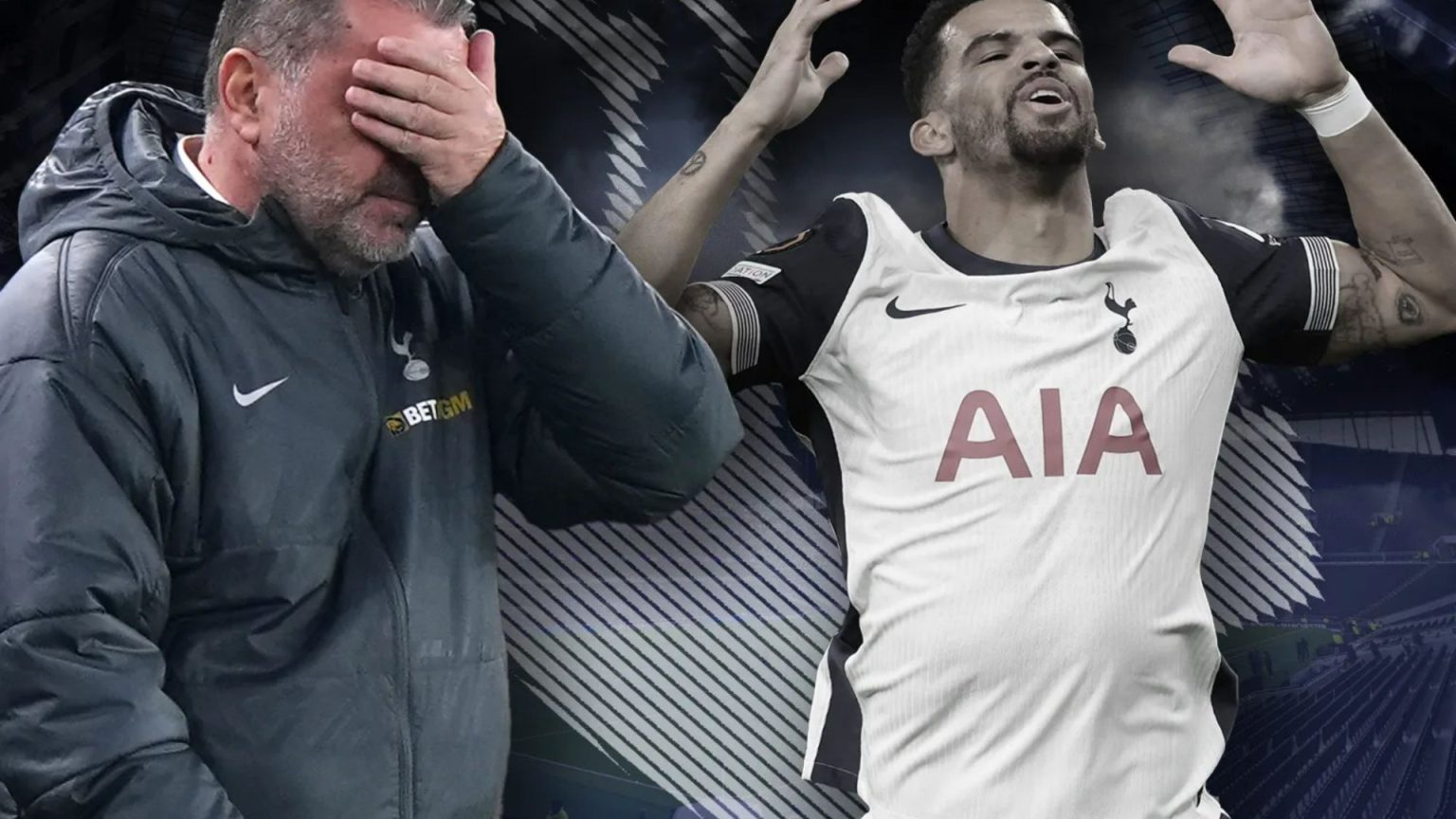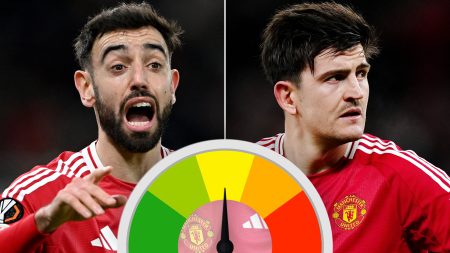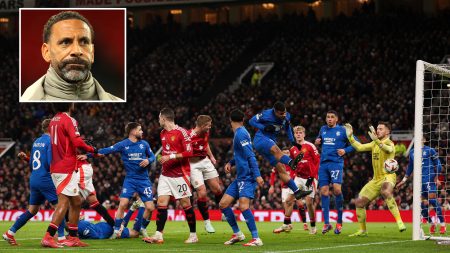Dominic Solanke’s knee injury, sustained during a training session, has been diagnosed as more severe than initially anticipated, sidelining the Tottenham Hotspur striker for an estimated six weeks. While the club had hoped for a quicker recovery, further assessment revealed the need for a longer rehabilitation period, putting Solanke’s participation in the Carabao Cup final on March 16th in doubt. The injury also guarantees his absence from the crucial second leg of the semi-final against Liverpool on February 6th, a match where Spurs hold a slender 1-0 advantage, thanks in part to Solanke’s assist in the first leg. Manager Ange Postecoglou expressed hope for a slightly earlier return, contingent on the player’s progress, but acknowledged the six-week timeframe as the current projection.
This extended absence deals a significant blow to Tottenham’s attacking options, as Solanke has been a key contributor since his summer arrival from Bournemouth for a club-record £65 million. The 27-year-old striker has notched 11 goals in 29 appearances, earning him a recall to the England national team. His absence further exacerbates an already challenging injury situation for Spurs, who were missing fourteen players in their recent Europa League victory against Hoffenheim due to injury or ineligibility. Solanke will miss crucial Premier League fixtures against Leicester, Brentford, Manchester United, Ipswich, and Manchester City, along with the FA Cup fourth-round tie against Aston Villa and the Europa League match against Elfsborg.
The injury leaves Tottenham with limited striking options and puts added pressure on other attacking players to step up in Solanke’s absence. The club will be hoping for a swift recovery and potentially an earlier return to action for the influential striker. Manager Postecoglou has praised the remaining players for carrying the team through this difficult period, highlighting their resilience and determination. He expressed confidence in the squad’s ability to compete effectively upon the return of injured players, emphasizing their positive position in the Europa League.
Solanke’s injury underscores the delicate balance between player fitness and demanding schedules in modern football. The high intensity of training and matches increases the risk of such setbacks, particularly for players in key attacking roles. For Tottenham, this injury reinforces the importance of squad depth and the need for other players to seize the opportunity to contribute. The coming weeks will be crucial for Spurs in navigating their fixture congestion and maintaining their momentum in multiple competitions.
The six-week timeline places Solanke’s return around the beginning of March, leaving him a narrow window to regain match fitness before the potential Carabao Cup final. While his absence poses a significant challenge for Tottenham, it also presents opportunities for other players to prove their worth and contribute to the team’s success. Manager Postecoglou will be looking for players to step up and fill the void left by Solanke’s absence, demonstrating the resilience and adaptability of the squad.
The injury highlights the importance of effective player management and the need for robust injury prevention strategies. While setbacks are inevitable in professional sports, minimizing their impact requires careful planning and proactive measures. For Tottenham, navigating this period of injury woes will test their squad depth and managerial acumen. The team’s performance in the coming weeks will be a testament to their ability to overcome adversity and maintain their competitive edge.











